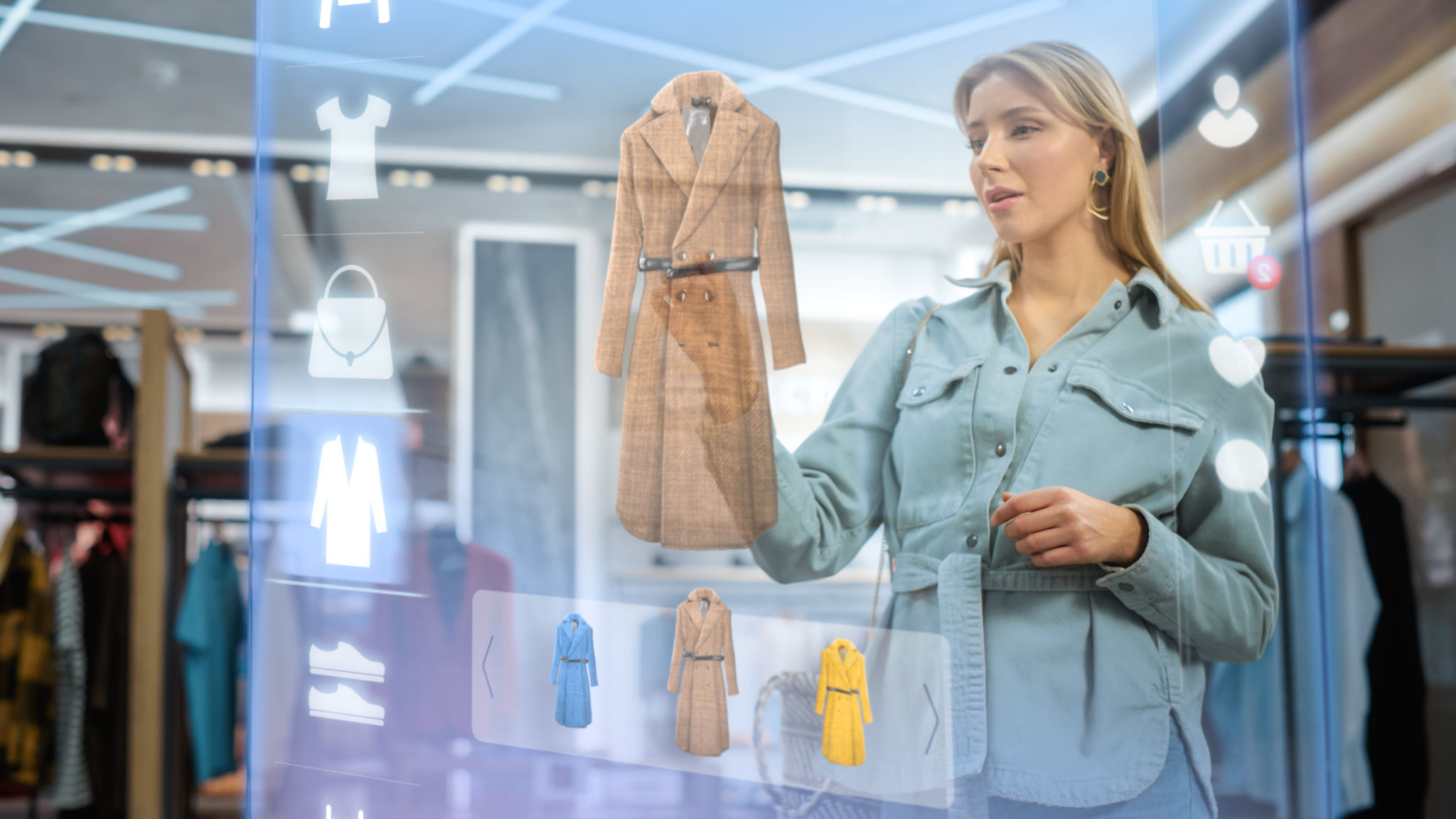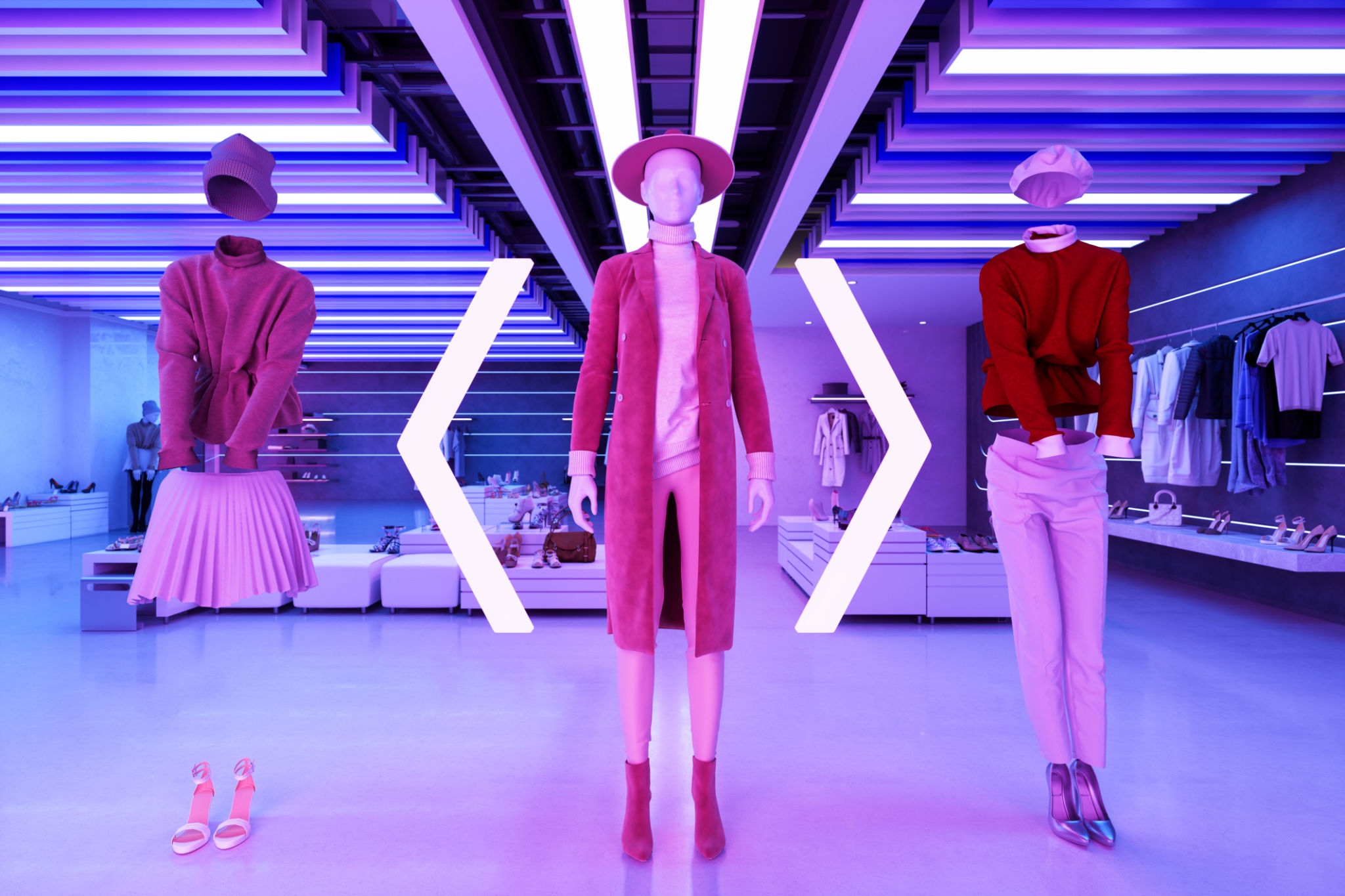How AI Styling is Revolutionizing Fashion Tech
The Intersection of AI and Fashion
In recent years, artificial intelligence (AI) has made significant strides in various industries, and the world of fashion is no exception. The fusion of AI with fashion tech is not just a trend; it's a revolution that is transforming how we perceive and interact with clothing and style. From personalized shopping experiences to innovative design processes, AI is redefining what it means to be fashionable in the digital age.

Personalized Shopping Experiences
One of the most significant impacts of AI in fashion is the enhancement of personalized shopping experiences. AI algorithms analyze consumer behavior, preferences, and purchase history to recommend products that align with individual tastes. This personalized approach not only enhances customer satisfaction but also increases conversion rates for retailers.
AI-powered chatbots and virtual assistants are becoming commonplace on fashion e-commerce platforms, providing real-time assistance and ensuring a seamless shopping journey. These tools can suggest items, answer queries, and even offer styling advice, making the shopping process both efficient and enjoyable.
Innovative Design Processes
AI is also playing a crucial role in the design process, enabling designers to push the boundaries of creativity. By analyzing vast amounts of data from fashion shows, social media, and consumer feedback, AI can identify emerging trends and predict future ones. This data-driven approach allows designers to create collections that are not only stylish but also commercially viable.

Moreover, AI tools can generate design prototypes and offer suggestions for fabric combinations and color palettes. This capability not only speeds up the design process but also helps in reducing waste by ensuring that only the most promising designs go into production.
Sustainability in Fashion
Sustainability is a growing concern in the fashion industry, and AI is helping to address this issue in various ways. By optimizing supply chain processes, AI can reduce overproduction and minimize waste. Predictive analytics can forecast demand more accurately, ensuring that inventory levels are maintained efficiently.
Additionally, AI can assist in developing sustainable materials by analyzing the environmental impact of different fabrics and production methods. This insight helps brands make more informed decisions that align with eco-friendly practices.

Virtual Try-Ons and Augmented Reality
Virtual try-ons powered by AI are changing the way consumers shop online. Augmented reality (AR) applications allow users to see how clothes will look on them without having to physically try them on. This technology enhances the online shopping experience by reducing the uncertainty associated with buying clothes without a fitting room experience.
These virtual try-ons are not only convenient but also help in reducing return rates, which is a significant issue for online retailers. By giving consumers a more accurate representation of how items will fit, AI is helping to create a more satisfying shopping experience.
The Future of Fashion Tech
The integration of AI into fashion tech is still in its early stages, but its potential is vast. As algorithms become more sophisticated and data collection methods improve, the fashion industry will continue to evolve in exciting ways. From enhancing customer experiences to driving sustainability efforts, AI is poised to be a game-changer in fashion technology.
Brands that embrace this technological revolution will likely lead the industry forward, setting new standards for innovation, creativity, and responsibility. As consumers become more tech-savvy and demand more personalized experiences, the role of AI in fashion will only grow in importance.